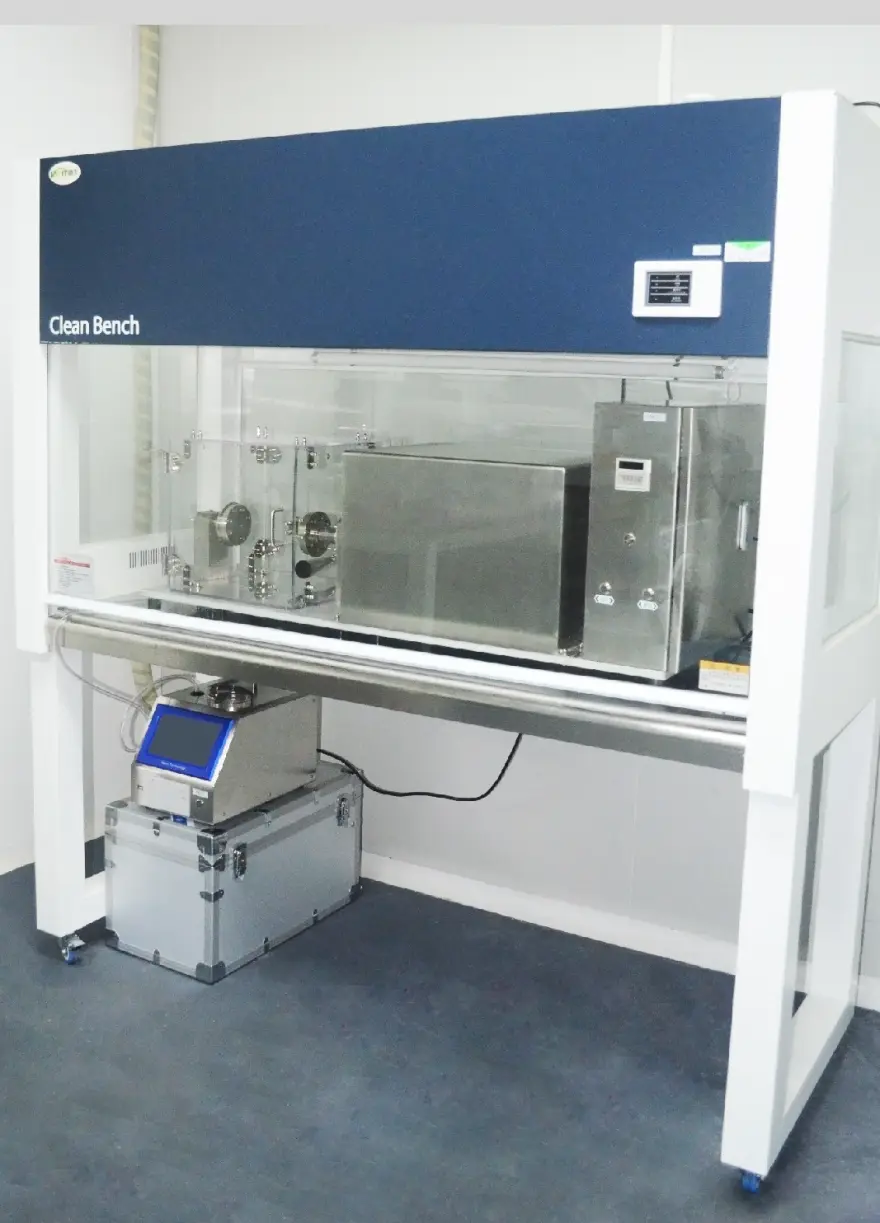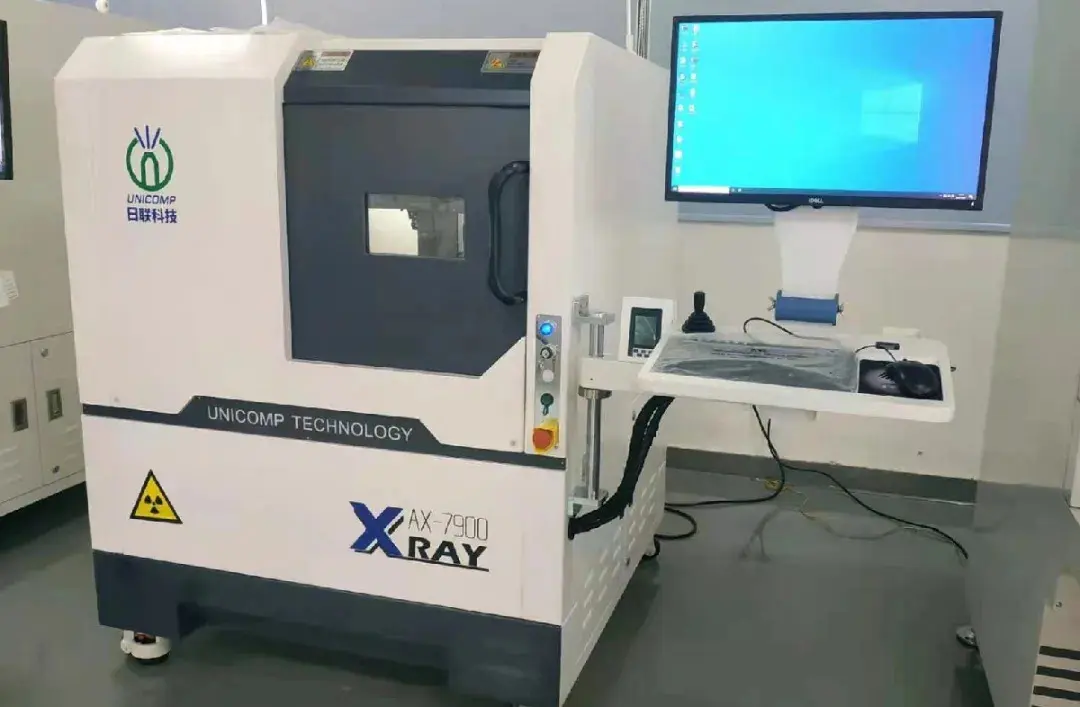
FCC Compliance Consulting
As a critical step for expanding to the U.S. market, businesses must understand and comply with U.S. federal regulations to ensure their products meet the necessary compliance requirements. Among these, mandatory FCC certification is the basic threshold for market entry. Recently, the TEMU platform announced enhanced verification of FCC certification qualifications for products sold in the U.S. market, along with stricter control over FCC compliance for product manuals. For non-compliant products, TEMU will take actions including, but not limited to, actively cooperating with regulatory agencies, issuing risk alerts to buyers, delisting products, and notifying buyers or other relevant parties to destroy or return non-compliant goods.

What is FCC Certification?
FCC stands for Federal Communications Commission, an independent agency of the U.S. government established in 1934, which reports directly to Congress. Under the Code of Federal Regulations (CFR 47), most electronic products entering the U.S. market must undergo FCC certification to ensure compliance with wireless communication standards.
FCC certification is mandatory for most electronic devices, including radio equipment, communication devices, and other products using wireless technology. However, certain specific products or scenarios may be exempt. This certification ensures that products meet U.S. regulations and standards for electromagnetic compatibility, wireless spectrum usage, and wireless communication performance, safeguarding public safety and effective communication.
What Products Require FCC Certification?
FCC certification applies to all radio devices and other electronic products sold or supplied to the U.S. market. In essence, if a device generates electromagnetic radiation or involves radio transmission and reception, it requires FCC certification. Examples include:
- Radio Transmission Devices: e.g., smartphones, WiFi devices, Bluetooth devices, two-way radios, etc.
- Wired Communication Devices: e.g., telephones, modems, fax machines, telephone line protectors, etc.
- Digital Devices: e.g., computers, servers, printers, copiers, scanners, etc.
- Power Equipment: e.g., power adapters, power tools, household appliances, etc.
- Other Electronic Products: e.g., automotive electronics, radar equipment, medical devices, etc.
Currently, the FCC has two types of certification, and sellers must determine whether their products require FCC-SDoC or FCC-ID certification. Sellers must provide accurate and complete certification documentation to meet compliance requirements and gain market access.
1. General Products – FCC-SDoC
Applicable to standard electronic products without wireless transmission functions, such as electronic scales, humidifiers, robotic vacuums, and fans without wireless features.
2. Wireless Products – FCC-ID
Designed for wireless communication devices such as smartphones, wireless keyboards, wireless mice, remote controls, Bluetooth speakers, tablets, and similar products.
How to Ensure FCC Certification Compliance?
FCC certification ensures that products comply with U.S. regulations and standards for radio frequencies and electromagnetic compatibility. Sellers must conduct relevant testing, follow FCC application procedures, and adhere to labeling requirements. It is also important to stay updated with regulatory changes.
1. Physical Labeling Requirements
1. fcc id Marking
The FCC requires all devices emitting RF energy to display the certification label (FCC ID). This marking can be affixed to the product, etched onto its exterior, or displayed electronically. By law, the FCC ID must be clearly visible and legible without magnification. Example:
FCC ID: XXXXXXXXX`
2. FCC Statements
Products certified under fcc sdoc or FCC-ID must include one of the following compliance statements in their labels:
- For receivers associated with licensed radio services:
This device complies with part 15 of the FCC Rules. Operation is subject to the condition that this device does not cause harmful interference.
- For standalone cable input selector switches:
This device complies with part 15 of the FCC Rules for use with cable television service.
- For all other devices:
This device complies with part 15 of the FCC Rules. Operation is subject to the following two conditions:
(1) This device may not cause harmful interference, and
(2) this device must accept any interference received, including interference that may cause undesired operation.
Ensure all labels comply with FCC requirements. Failure to properly label products may result in FCC actions, including fines or restrictions on sales.
2. User Manual Requirements
According to U.S. regulations, all electronic products that emit intentional (FCC-ID) or unintentional (FCC-SDoC) RF energy must include "Information to User" in their user manuals. This section should contain the following:
1. Operating Instructions
For electronic equipment or peripherals, the following or similar statement should be prominently included in the manual:
Note: This equipment has been tested and found to comply with the limits for a Class B digital device, pursuant to part 15 of the FCC Rules. These limits are designed to provide reasonable protection against harmful interference in a residential installation. This equipment generates, uses, and can radiate radio frequency energy and, if not installed and used in accordance with the instructions, may cause harmful interference to radio communications. However, there is no guarantee that interference will not occur in a particular installation. If this equipment does cause harmful interference to radio or television reception, which can be determined by turning the equipment off and on, the user is encouraged to try to correct the interference by one or more of the following measures:
Reorient or relocate the receiving antenna.
Increase the separation between the equipment and receiver.
Connect the equipment into an outlet on a circuit different from that to which the receiver is connected.
Consult the dealer or an experienced radio/TV technician for help.
2. Warnings
Users should be warned that unauthorized modifications may void their operating authority. Example:
Important: Changes or modifications not expressly approved by the manufacturer responsible for compliance could void the user's authority to operate the equipment.
Email:hello@jjrlab.com
Write your message here and send it to us
 Packaging Validation ISO 11607 Test Report
Packaging Validation ISO 11607 Test Report
 What is the ISO 11607-1 Packaging Validation Test?
What is the ISO 11607-1 Packaging Validation Test?
 How to get an ISO 11737-1 Test Report?
How to get an ISO 11737-1 Test Report?
 Orthopedic Implant Cleanliness Testing
Orthopedic Implant Cleanliness Testing
 What is ISO 10993-23:2021 Irritation Testing?
What is ISO 10993-23:2021 Irritation Testing?
 ISO 10993-23 Irritation Testing Laboratory
ISO 10993-23 Irritation Testing Laboratory
 EMI Emissions Testing
EMI Emissions Testing
 EMC Standards for Medical Devices
EMC Standards for Medical Devices
Leave us a message
24-hour online customer service at any time to respond, so that you worry!




